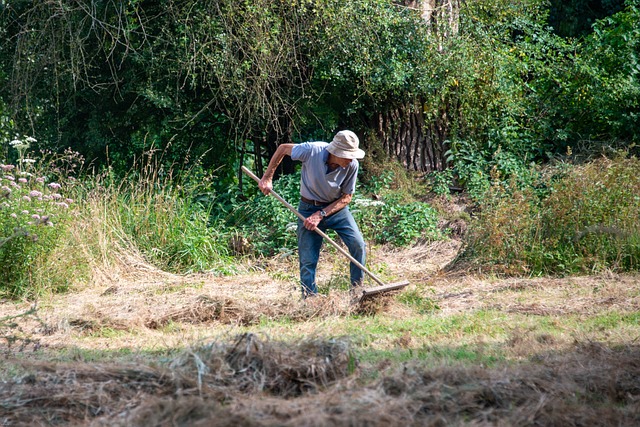Gardener Poplar: A Comprehensive Guide to Cultivating and Maintaining
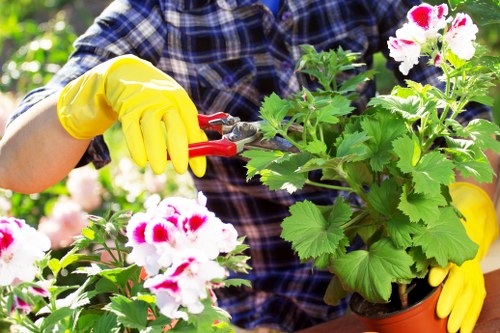
Gardener Poplar trees are a popular choice among horticulturists and garden enthusiasts alike. Known for their rapid growth and striking appearance, these trees can transform any landscape into a picturesque setting. In this article, we delve into the various aspects of gardener poplar, including their characteristics, cultivation methods, and maintenance tips to ensure a thriving and healthy tree.
The Gardener Poplar is renowned for its tall stature and elegant foliage, making it an excellent choice for providing shade and enhancing the aesthetic appeal of gardens and parks. With a variety of species available, gardeners can select the one that best fits their climate and soil conditions. Understanding the specific needs of gardener poplar trees is essential for successful cultivation.
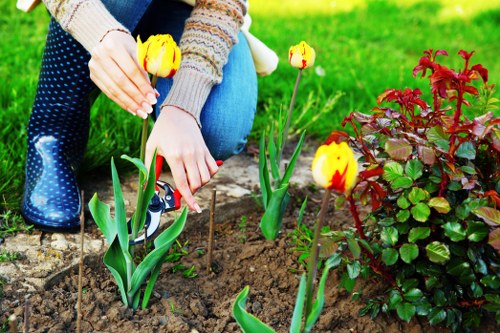 Whether you're a seasoned gardener or a novice, incorporating a poplar tree into your garden can yield impressive results. These trees are not only visually appealing but also offer numerous environmental benefits, such as improving air quality and providing habitats for wildlife. This article serves as a comprehensive resource for anyone interested in growing and maintaining gardener poplar trees.
Whether you're a seasoned gardener or a novice, incorporating a poplar tree into your garden can yield impressive results. These trees are not only visually appealing but also offer numerous environmental benefits, such as improving air quality and providing habitats for wildlife. This article serves as a comprehensive resource for anyone interested in growing and maintaining gardener poplar trees.
One of the key advantages of the gardener poplar is its adaptability. These trees can thrive in a variety of soil types, though they prefer well-drained loamy soils with a neutral to slightly acidic pH. Proper soil preparation, including the addition of organic matter, can significantly enhance the growth and health of the poplar.
When planting a Gardener Poplar, it's crucial to consider the tree's mature size. Poplars can grow quite large, with some species reaching heights of up to 100 feet. Planting them in a location with ample space ensures that they have room to expand without causing issues with surrounding structures or other plants.
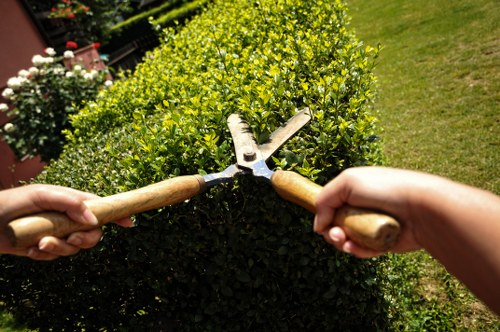 Gardener Poplar trees have a fast growth rate, which can be both an advantage and a challenge. While rapid growth means quicker shade and visual impact, it also requires diligent maintenance to prevent issues such as weak branch structures and susceptibility to pests. Regular pruning and monitoring are essential to maintain the tree's health and structure.
Gardener Poplar trees have a fast growth rate, which can be both an advantage and a challenge. While rapid growth means quicker shade and visual impact, it also requires diligent maintenance to prevent issues such as weak branch structures and susceptibility to pests. Regular pruning and monitoring are essential to maintain the tree's health and structure.
Proper watering is another critical aspect of cultivating a healthy Gardener Poplar. During the establishment phase, consistent watering helps the tree develop a robust root system. Once established, poplars are relatively drought-tolerant, but they still benefit from occasional deep watering, especially during prolonged dry spells.
Fertilization can support the vigorous growth of gardener poplar trees. Using a balanced fertilizer in the spring can provide the necessary nutrients to encourage lush foliage and strong stems. However, it's important to avoid over-fertilizing, as this can lead to excessive growth and increased vulnerability to pests and diseases.
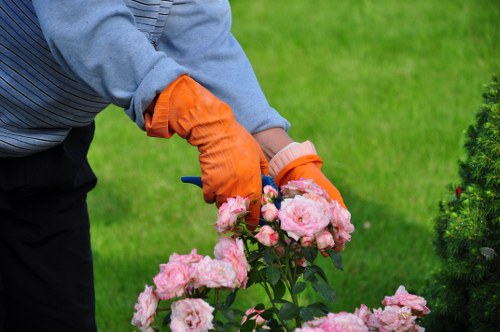 In addition to proper care, selecting the right species of poplar is vital for successful cultivation. Some popular varieties include the Lombardy poplar, known for its columnar shape, and the eastern cottonwood, prized for its large leaves and rapid growth. Each species has unique characteristics that cater to different landscaping needs and environmental conditions.
In addition to proper care, selecting the right species of poplar is vital for successful cultivation. Some popular varieties include the Lombardy poplar, known for its columnar shape, and the eastern cottonwood, prized for its large leaves and rapid growth. Each species has unique characteristics that cater to different landscaping needs and environmental conditions.
Maintaining a Gardener Poplar involves regular monitoring for signs of pests and diseases. Common issues include aphids, poplar borer, and fungal infections. Implementing integrated pest management strategies, such as introducing natural predators and using organic treatments, can help mitigate these problems without harming the tree or the surrounding ecosystem.
Pruning is essential for the structural integrity and aesthetic appeal of Gardener Poplar trees. It should be done during the dormant season to minimize stress on the tree and reduce the risk of disease transmission. Selecting the right branches to remove and ensuring clean cuts can promote healthy growth and prevent future complications.
 Incorporating a gardener poplar into your garden not only enhances its beauty but also contributes to a healthier environment. By following the best practices outlined in this guide, gardeners can enjoy the many benefits of poplar trees while ensuring their long-term health and vitality.
Incorporating a gardener poplar into your garden not only enhances its beauty but also contributes to a healthier environment. By following the best practices outlined in this guide, gardeners can enjoy the many benefits of poplar trees while ensuring their long-term health and vitality.






